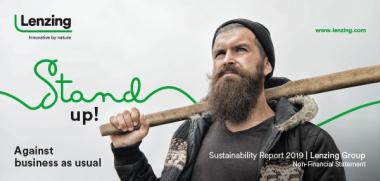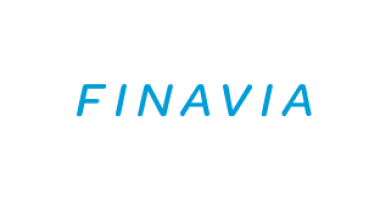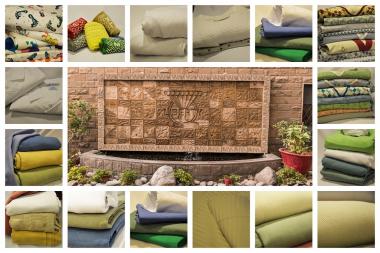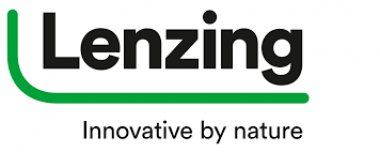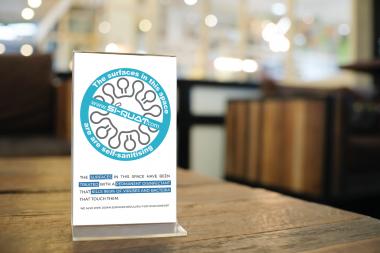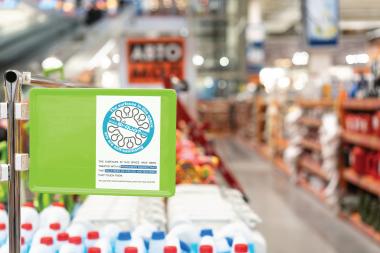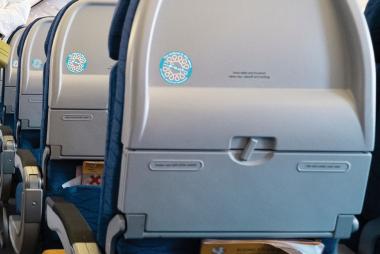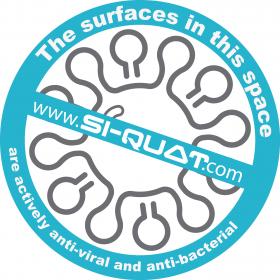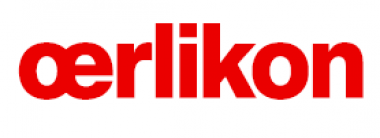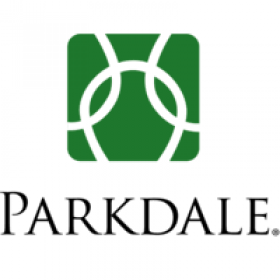Lenzing reports improved results in the third quarter and remains strategically on course
- Significant improvement in the third quarter after COVID-19-related slump on the fiber market
- Measures for structural earnings improvement with positive impact
- Strategic investment projects remain on track
- Hygiene Austria joint venture: Successful growth and continued focus on certified protective masks
- Lenzing wins the Austrian State Prize for Innovation with LENZING™ Web Technology
Lenzing – In the first three quarters of 2020, the Lenzing Group successfully responded to the extremely difficult market environment of increased pressure on prices and volume due to the COVID-19 crisis by implementing a broad package of measures and remains fully on track in terms of its strategy. The cooperation with partners along the value chains was intensified and Lenzing was agile and flexible in adjusting production volume to demand. In addition, Lenzing also intensified measures for structural earnings improvement to mitigate the effect of the pressure on fiber prices and demand for fibers, and reduced its operating costs significantly as a result.
Please read the attached document for more information
Lenzing Aktiengesellschaft


